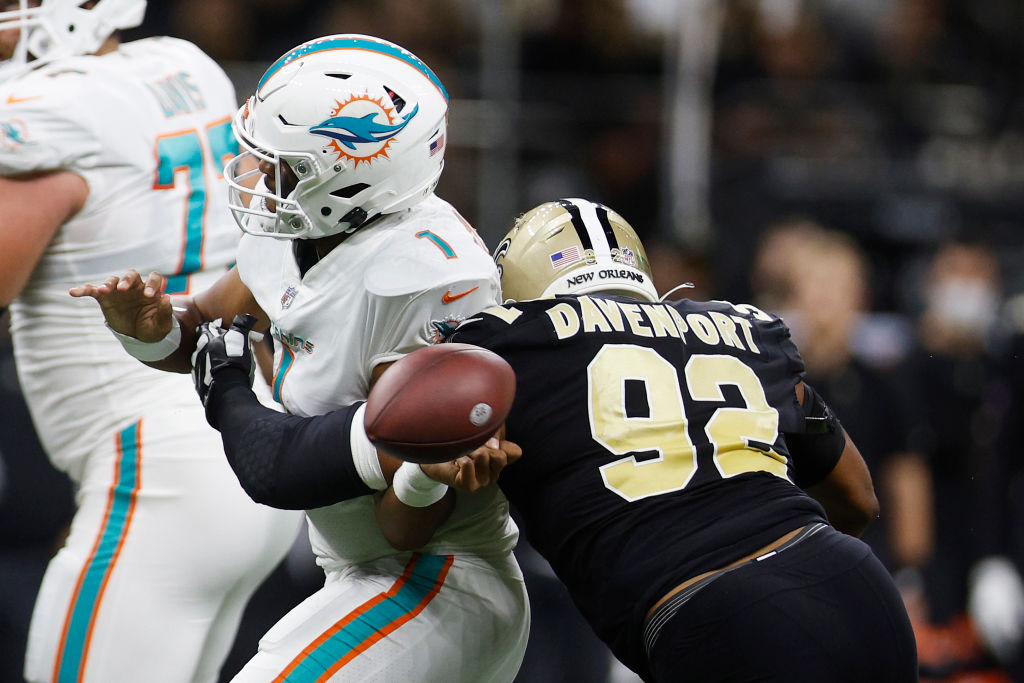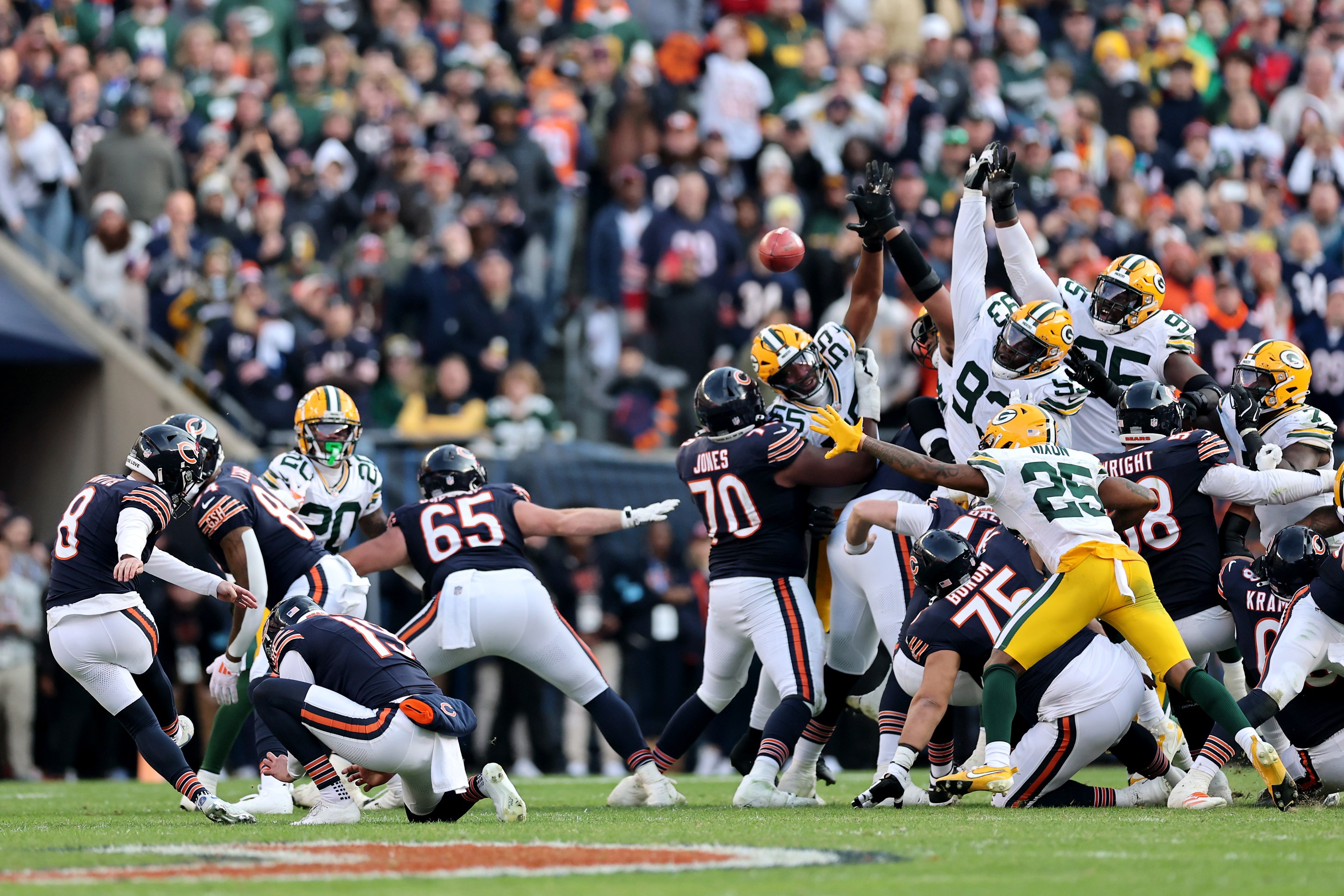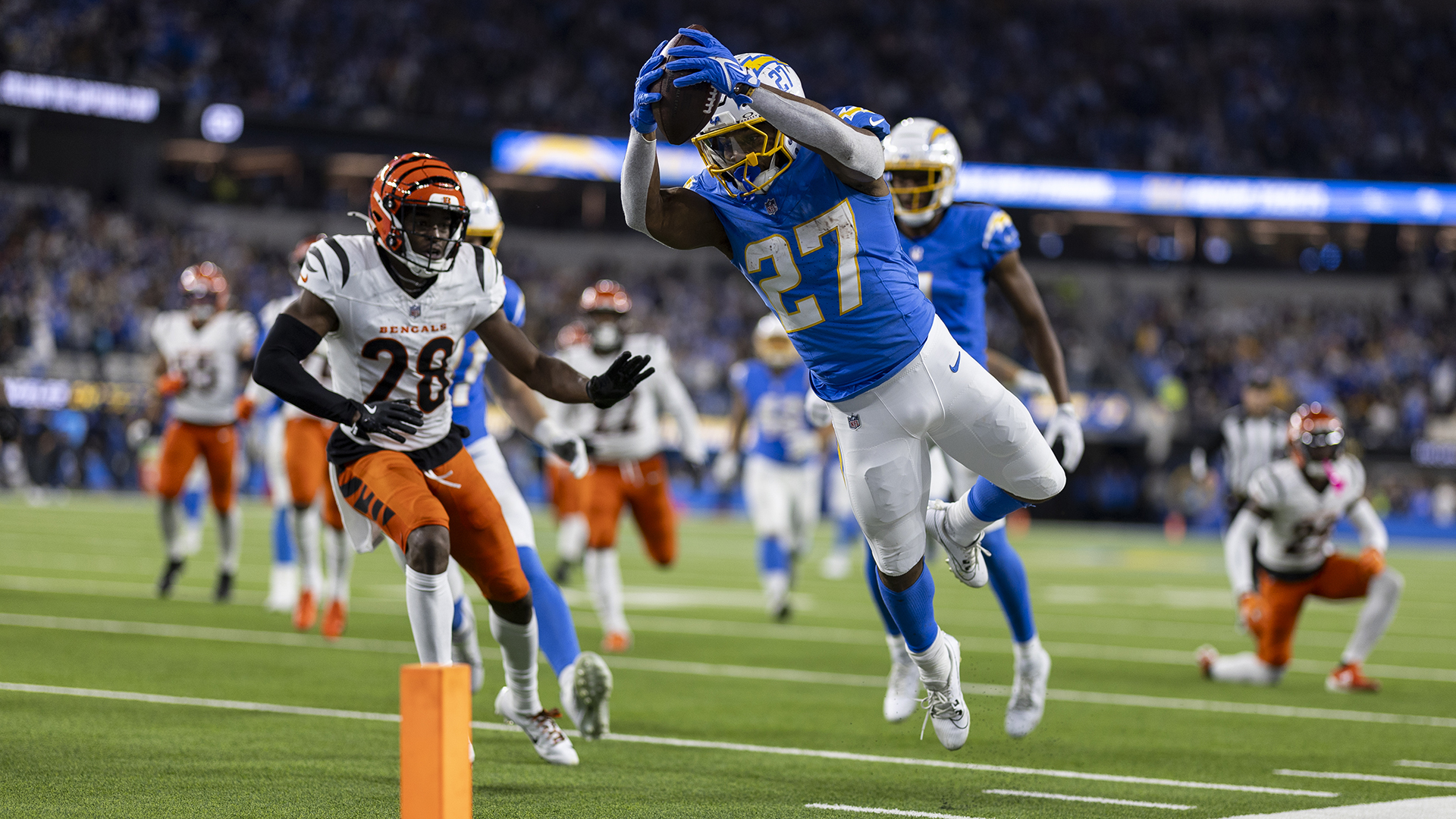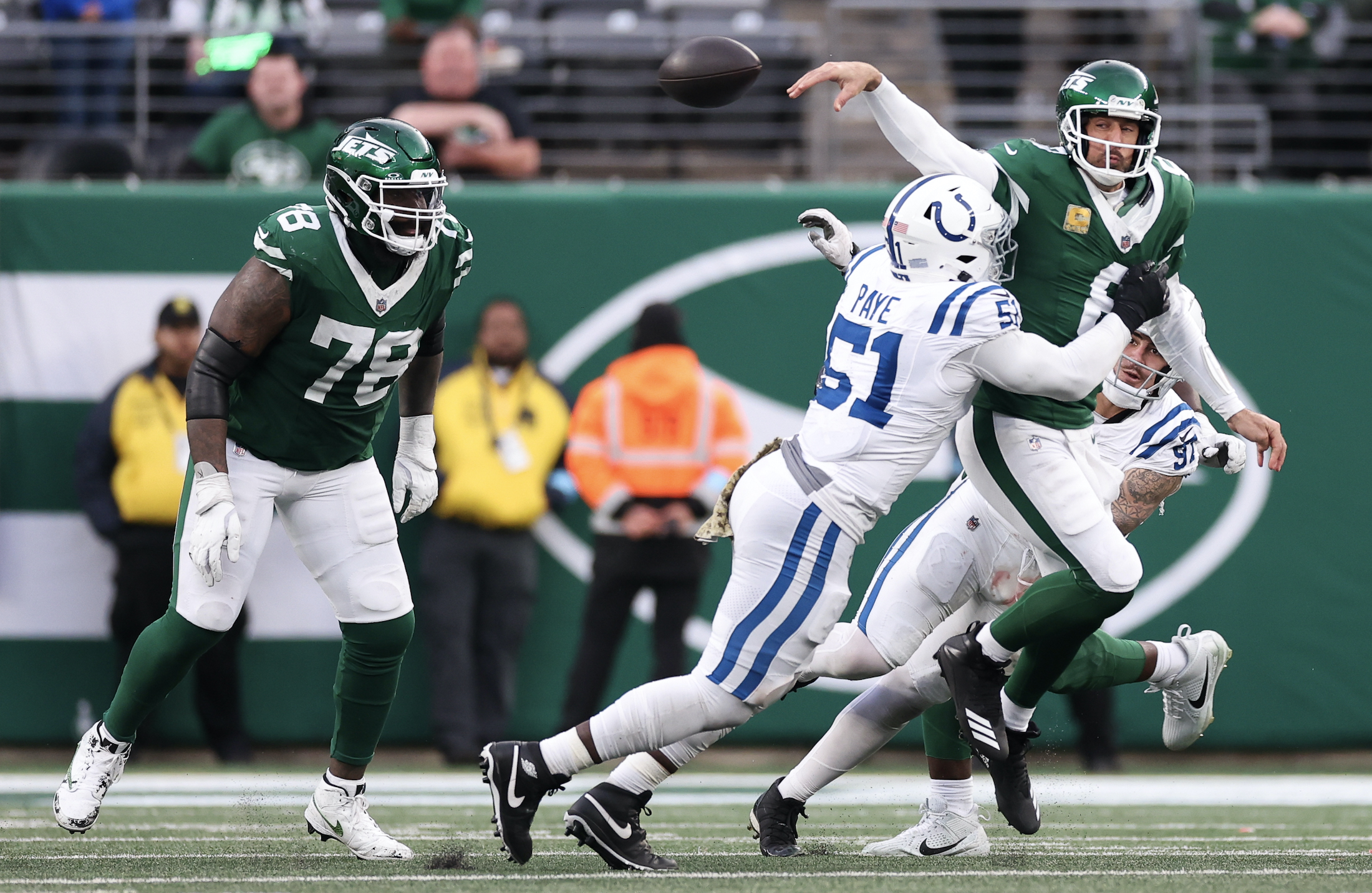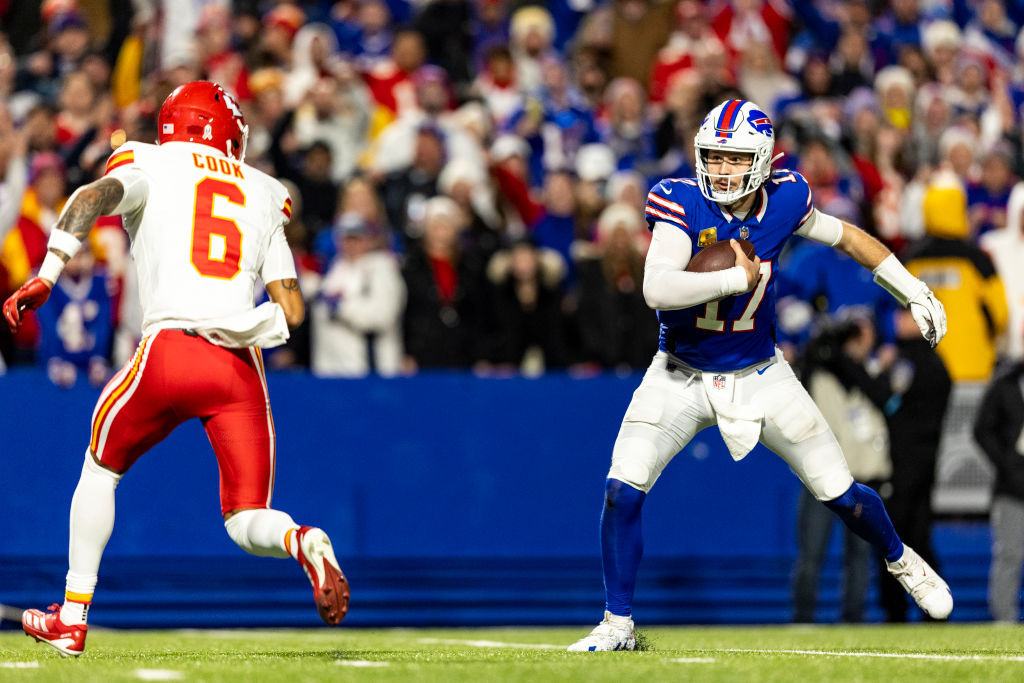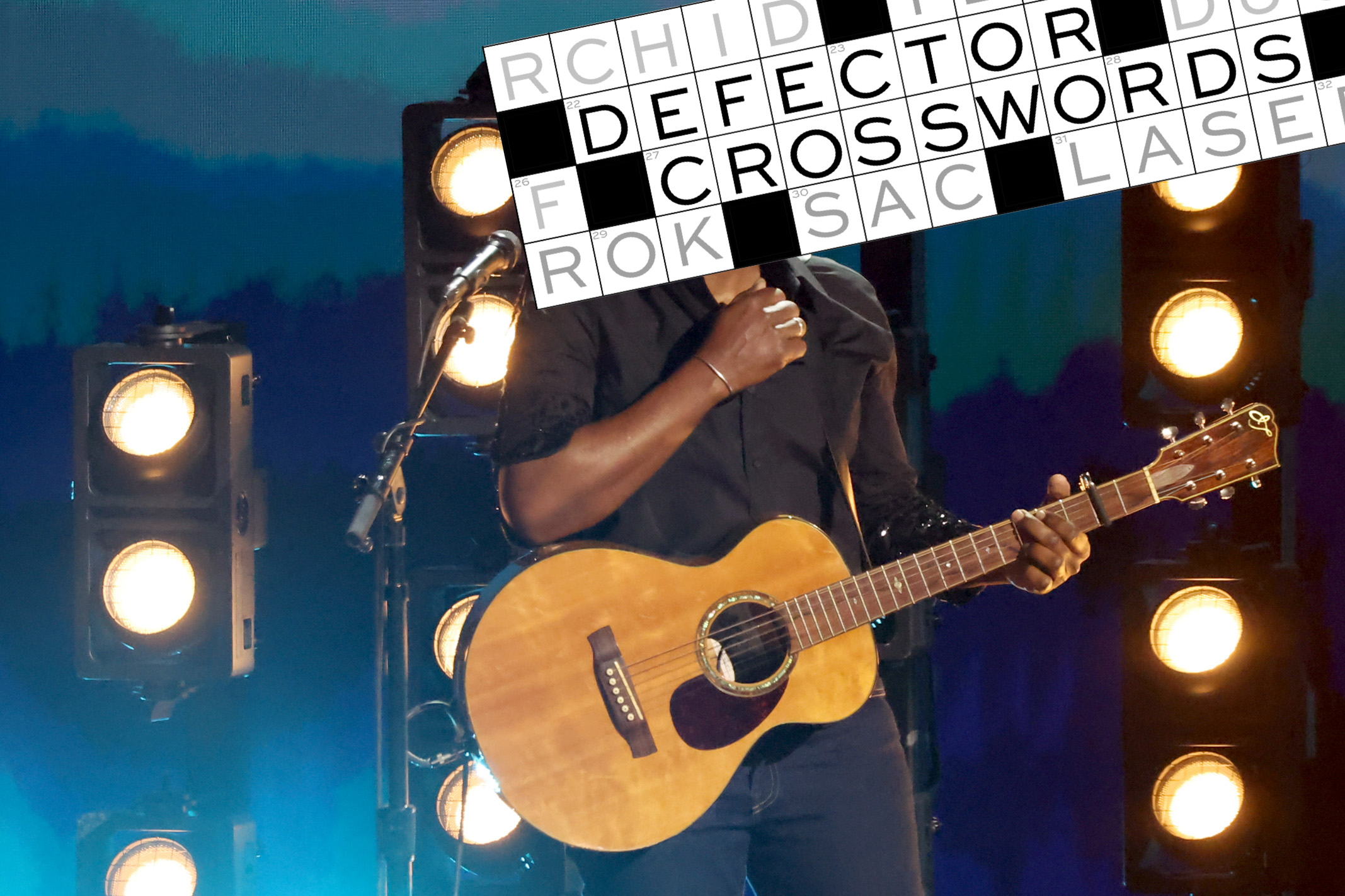The Miami Dolphins have had one of the strangest seasons in NFL history. Their campaign started with a win over longtime tormentors New England, followed by a 35-0 blowout loss to the Bills, and by the time they were 1-7 it seemed like another lost season was on the way. But would you look at this: After last night's victory over the Saints, the Dolphins not only improved their record to 8-7, but became the first NFL team in history to have both a seven-game win streak and seven-game losing streak in the same season. If they can win their final two games, against the Titans and Patriots, they can even make the playoffs.
So what gives? How the hell did this happen? Miami's certainly had some luck in their schedule, which granted them just one opponent with a winning record over their last seven games, and a Saints team that last night was missing 20 players due to a COVID-19 outbreak had Ian Book starting at quarterback. Beating a team like that 20-3 is just about the bare minimum that can be expected of a functional NFL franchise.
The Dolphins are not a great team, but there's something sort of perversely thrilling about watching them play. Tua Tagovailoa, who was caught up in trade rumors just two months ago, has emerged as a steady hand at quarterback while creating a fruitful partnership with rookie wideout Jaylen Waddle, who is already one of the best receivers in the league. The thrill comes not just from watching Tagovailoa sling passes to Waddle, but all the trouble Tagovailoa has to go through first in order to get the ball out of his hands. This is because the Dolphins cannot pass block.
According to ESPN's Next Gen Stats, the Dolphins' pass block win rate is a league-worst 45 percent. If you watched them last night, or at any point this season, you may have noticed that poor Tagovailoa almost never has a clean pocket to throw from. He's been able to deal with this problem fairly well by stepping past and around oncoming rushers while also releasing the ball as soon as possible—he tends to get the ball out of his hands as quickly as anyone in the league. This turns each passing play that the Dolphins run into something of a depressing but intoxicating quiz: Will Tagovailoa be able to dodge a blitzer and fling the ball to Waddle in under 2.5 seconds, or will he get flattened? That the answer has been A more often than B is an encouraging sign for Tagovailoa's development, but still concerning is the fact that the question keeps having to be asked.
The Dolphins should not be in this situation. Miami has selected six offensive linemen in the last three drafts, and five of those picks were made in the first four rounds. It would be one thing if the offensive line were a historically overlooked portion of the depth chart in Miami, and was just in need of some attention and investment, but what we are seeing now is the result of years worth of attention and investment. The problem isn't that the Dolphins' front office is too dumb or incompetent to care that Tagovailoa can't make it through a game without taking a few big hits, but that the guys they've already brought in to fix that problem have proven totally incapable of doing so.
Whether or not the Dolphins actually win their final two games and make the playoffs doesn't change the fact that their future will remain precarious for as long as the pass blocking continues to be this bad. It's hard to get a sense of just how good Tagovailoa actually is and can be when he spends so much time dodging around breakdowns in protection, and the health risks posed by the shoddy blocking in front of him make his future even more difficult to chart. Various injuries have already cost Tagovailoa significant time early in his career, and each shot he takes is a potential disaster.
There was a play at the end of the third quarter of last night's game, when the Dolphins were up 17-3 and clearly cruising to an easy win: On what should have been an uneventful third-and-2, Tagovailoa took the snap and almost immediately had one of his own linemen shoved into him while the pocket collapsed under the Saints' pressure. Tagovailoa escaped, scrambling to his left and gaining one yard before taking a big hit from P.J. Williams. Tagovailoa got up just fine and played the rest of the game, but it was a hit he never should have been in a position to take, and it was one he might not get up from next time.
